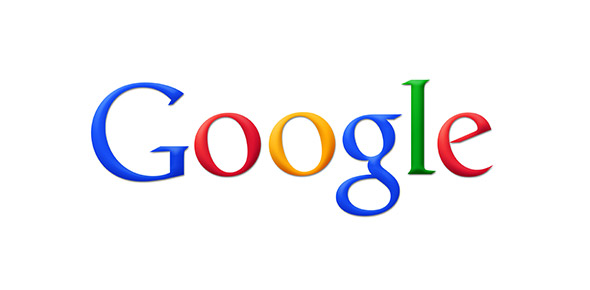Googled: The End Of The World As We Know IT
12 Questions
| Attempts: 51
2.
What first name or nickname would you like us to use?
Submit
×
Thank you for your feedback!

















